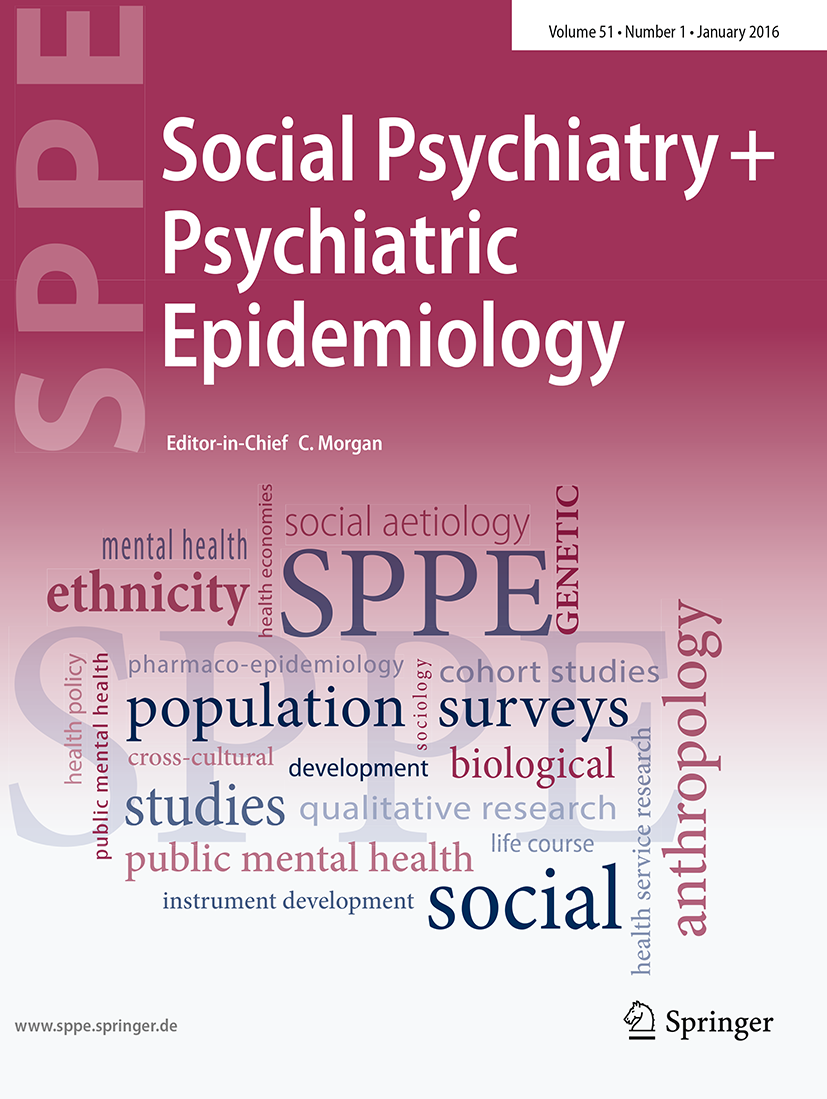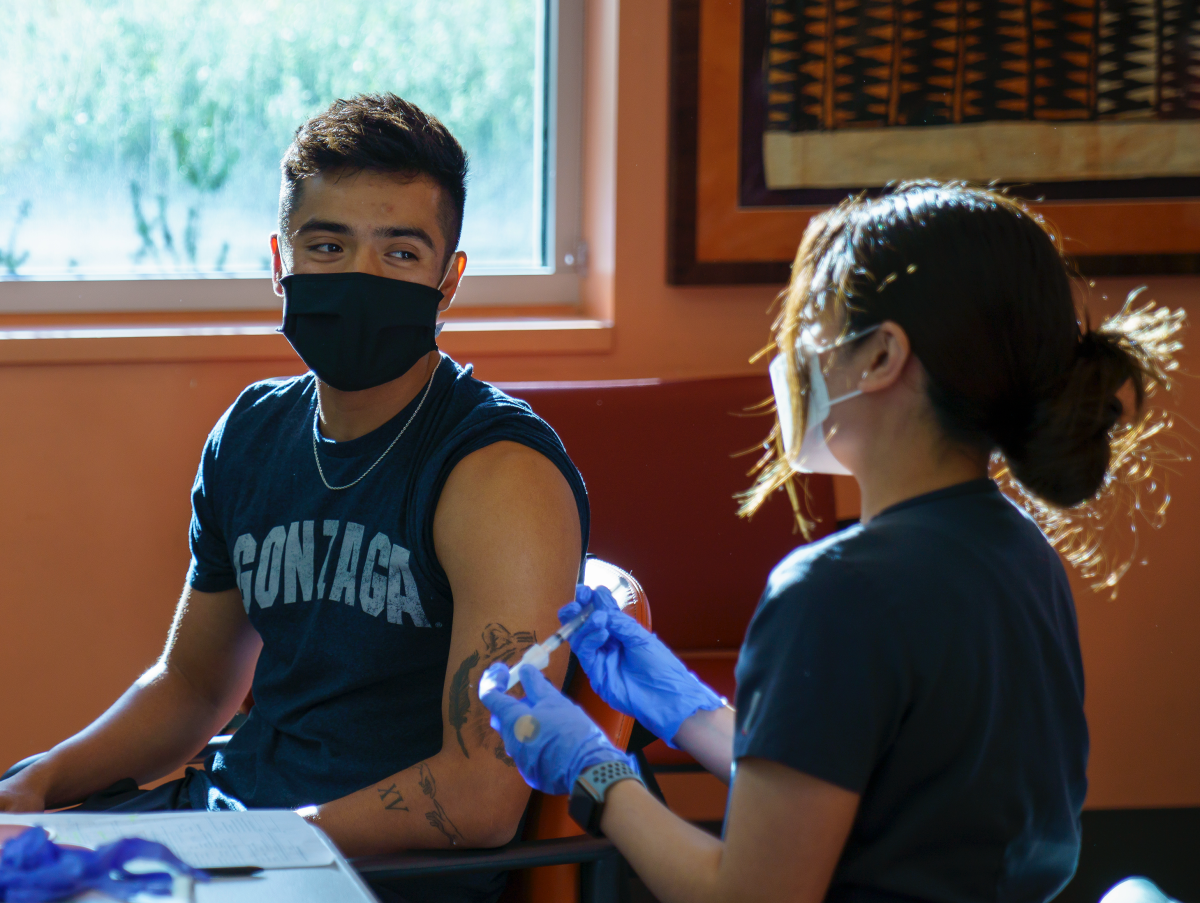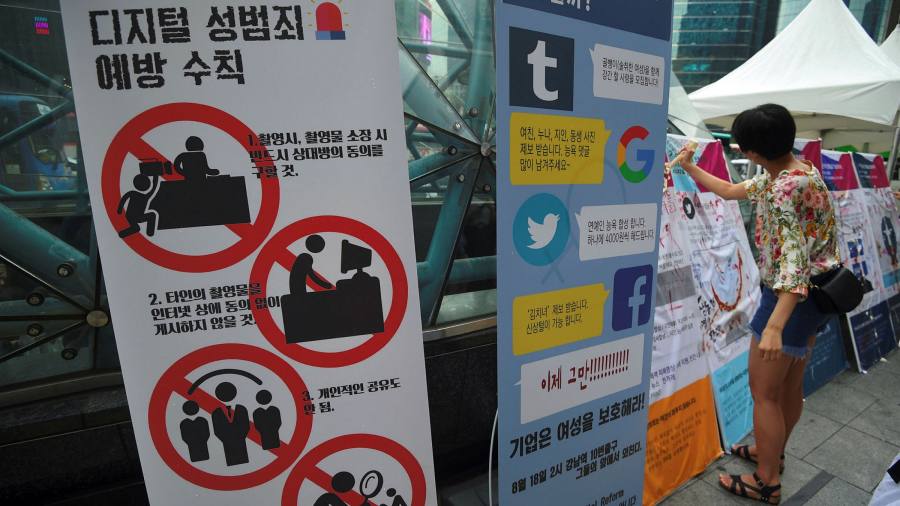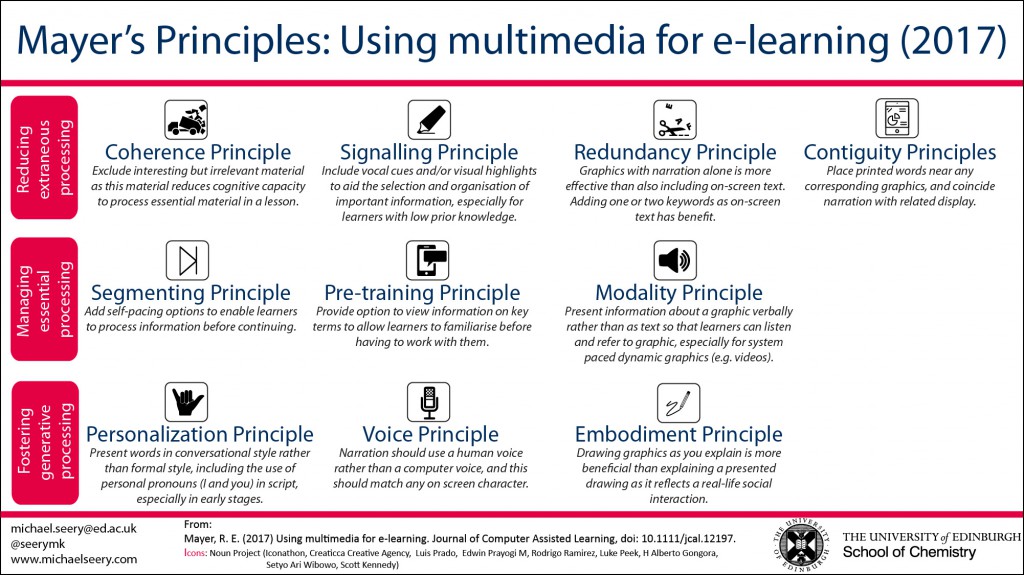
Frequency of self-reported persistent post-treatment genital hypoesthesia among past antidepressant users: a cross-sectional survey of sexual and gender minority youth in Canada and the US
Persistent post-treatment genital hypoesthesia (PPTGH) is a primary symptom of post-SSRI sexual dysfunction (PSSD), an iatrogenic syndrome characterized by enduring sexual dysfunction following the discontinuation of some antidepressants. We aimed to estimate the frequency of PPTGH among past users of psychiatric treatments, particularly antidepressants.
We used a subsample of UnACoRN, a US/Canada survey of sexual and gender minority youth aged 15 to 29. We included participants with a history of psychiatric drug use. We excluded individuals with genital surgeries or without sexual experience. The analysis involved chi-square tests for initial group comparisons, post hoc tests for multiple comparisons, and logistic regression among those who had stopped taking medication. We exponentiated the regression to estimate the odds of PPTGH by drug type, adjusting for age, sex-assigned-at-birth, hormone treatment, and depression severity in three nested models.
574 of 2179 survey participants reported genital hypoesthesia. They were older and more likely to report male sex assignment at birth, hormonal therapy history, and psychiatric drug history. The frequency of PPTGH among antidepressant users was 13.2% (93/707) compared to 0.9% (1/102) among users of other medications; adjusted odds ratio: 14.2 (95% CI: 2.92 to 257).























